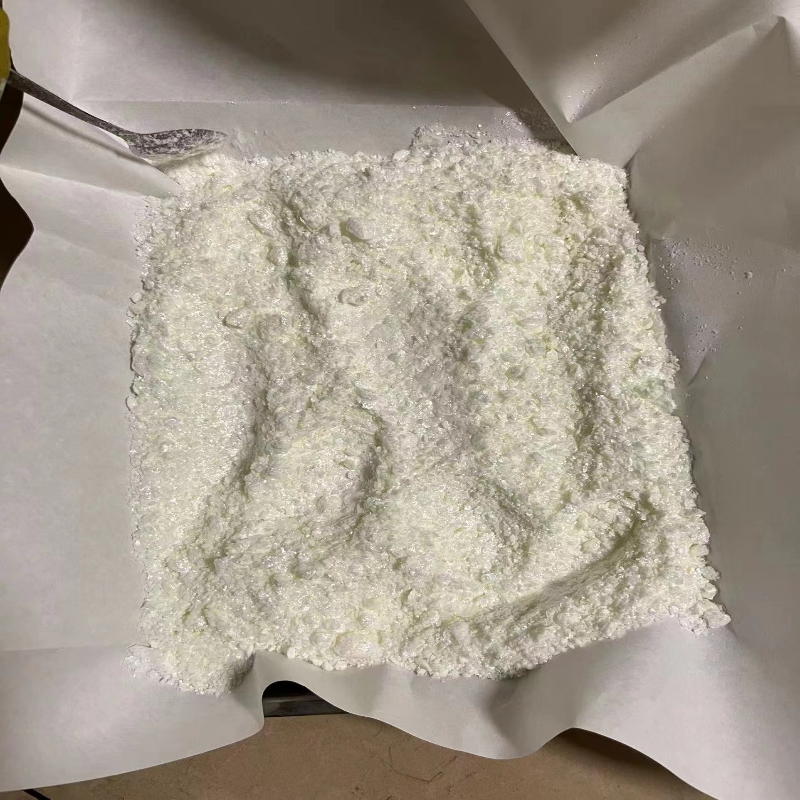-
Categories
-
Pharmaceutical Intermediates
-
Active Pharmaceutical Ingredients
-
Food Additives
- Industrial Coatings
- Agrochemicals
- Dyes and Pigments
- Surfactant
- Flavors and Fragrances
- Chemical Reagents
- Catalyst and Auxiliary
- Natural Products
- Inorganic Chemistry
-
Organic Chemistry
-
Biochemical Engineering
- Analytical Chemistry
-
Cosmetic Ingredient
- Water Treatment Chemical
-
Pharmaceutical Intermediates
Promotion
ECHEMI Mall
Wholesale
Weekly Price
Exhibition
News
-
Trade Service
In order to strengthen the control of plastic pollution, different brand companies have different plastic reduction strategies
.
Nestle
Nestle1.
Nestlé efficiently recycled 400 tons of liquefied waste plastics
Neste announced that this fall, its refinery in Finland successfully processed 400 tons of liquefied plastic waste, an amount equivalent to the amount of plastic waste generated by 20,000 average European citizens each year
.
This processing run marks a very important milestone for Neste's strategic goal of promoting a circular economy and replacing the use of crude oil in its own refineries
.
Neste's goal is to gradually increase the amount of liquefied plastic waste processed, continuing to learn and develop the value chain and processing technology
.
Neste was supported by partner Ravago in the procurement process for the first processing of liquefied waste plastic
.
Developing an ecosystem that chemically recycles plastic waste contributes to global efforts to reduce plastic waste, which helps prevent littering of the environment
.
2.
Nestle RE, 100% renewable and recyclable raw materials for the production of plastics and chemicals
Nestlé has launched a new product, Nestlé RE, a 100% renewable and recyclable raw material for the production of plastics and chemicals
.
Nestlé RE is both renewable and recyclable: the renewable content of this product can be produced from waste and residual fats and oils as well as sustainably produced vegetable oils
.
The product addresses climate change by reducing the use of primary fossil resources, while also providing new solutions to end-of-life-related challenges currently facing the polymer and chemical industries
.
Nestlé RE can be used in a wide range of plastics, from sports equipment to toys, and even sensitive applications such as high-performance medical equipment
.
Nestlé RE makes it possible to produce high-quality products from biological waste, waste residues and waste plastics
.
Nestlé RE targets the global polymer and chemical value chain, including brands looking to add bio-based and recycled content to their products
.
Nestlé RE is a single-use solution compatible with existing polymer and chemical production infrastructure
.
Materials produced with Nestlé RE are of the same quality as plastic products made from fossil raw materials
.
Henkel
HenkelWhen it comes to sustainable packaging, Henkel is setting new records: In Europe, nearly 700 million 100% recycled plastic bottles are used in toiletries and more than 400 million bottles in 2020 alone
.
.
Packaging made of 100% recycled plastic covers Henkel's wide range of branded products
.
In the European home care business, Henkel has processed the majority of PET bottles into 100% recyclable materials
.
Henkel has nearly 700 million 100% recycled plastic bottles in Europe for toiletries
Branded product lines made from these 100% recyclable materials are: Pril Pro Nature, Mir, Pur, Somat, Bref, Biff, Sidolin and more
.
Pril Pro Nature's bottles are made from 100% recycled plastic
The beauty care product line has also made progress
.
Henkel's shampoo and body care brand Nature Box has 98 materials from Social Plastic, and Henkel is working to convert the remaining 2% of virgin plastic (colored plastic) into recycled materials
.
Henkel shampoo and body care brand Nature Box
Henkel is working to reduce the amount of fossil-based plastics in consumer product packaging by 50% by 2025
.
To achieve this, Henkel aims to increase the proportion of recycled plastics in its product range to more than 30% by 2025 and increase the use of bio-based plastics
.
In addition, Henkel operates waste sorting and recycling programs
.
DSM and Clariter
DSM and ClariterDSM and international cleantech company Clariter announced on January 7 a strategic partnership to develop next-generation chemical recycling solutions for products based on DSM's Dyneema®, an ultra-high molecular weight polyethylene fiber scheme
.
The first step in the collaboration was the successful conversion of sample products, including ropes, nets and ballistic materials made from Dyneema®, at Clariter’s pilot plant in Poland, demonstrating the recyclability potential of Dyneema® and underscoring DSM’s commitment to A positive commitment to shaping a more sustainable world
.
Following the successful launch of bio-Dyneema® (mass balance) in line with its sustainability goals, DSM is actively looking for post-end-of-life reuse and recycling solutions for Dyneema® products
.
To advance technical recycling solutions, DSM and Clariter are collaborating to test the feasibility of using Dyneema® as a feedstock in Clariter's chemical recycling process
.
Positive test results confirm the technical feasibility of converting Dyneema®-based end products into a high-value industrial-grade product line (oils, waxes and solvents) through Clariter's patented three-step chemical recycling process
.
These products can further be used as raw materials for the manufacture of new end products and consumer products
.
Going forward, DSM and Clariter will continue to drive this initiative to shape a more sustainable world
.
Specifically, building on the success of the laboratory-scale trials, Clariter plans to conduct commercial-scale trials at its South African plant in 2021, with the aim of using Dyneema®-derived feedstocks in a European plant to be built in the next few years
.
In addition, DSM will continue to actively explore possibilities to reduce the environmental impact of Dyneema® at all product life cycle stages
.
Industry insiders believe that the plastic recycling industry is very likely to be the field and industry that the world will focus on in the medium and long term in the future.
Among them, China started relatively late, but with the growth of the supply side, especially the setting of carbon neutrality goals, it will not be possible.
The possibility of an outbreak in the short term is ruled out
.







